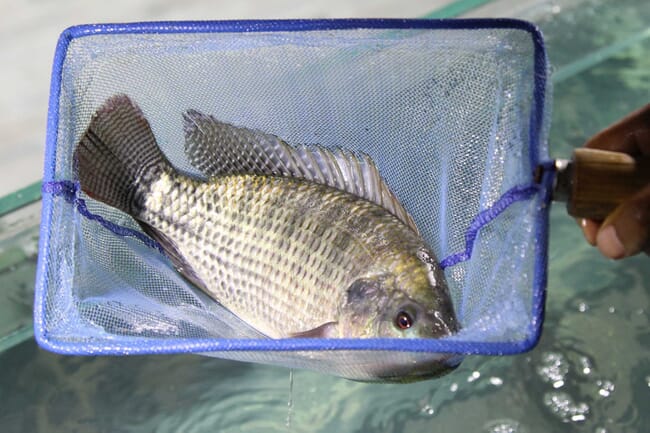The organisation has just launched its AIP Directory which has been designed as an open platform for information sharing for anyone active or interested in aquaculture improvement projects.

The directory currently lists five active AIPs that cover three countries (China, Indonesia, and Thailand) and two species (shrimp and tilapia). Other active AIPs are invited to register on the website for free. The website also includes a range of resources and tools to support those looking to start new projects.
Although less established than the more familiar fishery improvement projects (FIPs), SFP believes that AIPs are increasingly important as a mechanism for the supply chain to support better sustainability practices in aquaculture industries. Until now, there was no online resource to allow those actively involved or interested in AIPs to learn where and how these improvements were taking place or what progress was being made on specific projects. The launch of the AIP Directory will meet these needs.
“AIPs are an important tool to drive sustainability – whether participating farms have certified responsible management practices in place or not. It is important for ensuring impact and credibility that projects have a clear set of goals and a defined workplan, and that they are publicly reporting on progress,” Seafresh group director of sustainability Dominique Gautier said. “The AIP Directory gives project managers a mechanism to tell the world about their progress, and buyers and funders greater insight into what improvement projects are underway and how they can get involved.”
“The AIP Directory really is a one-stop shop for all stakeholders in the supply chain,” SFP’s aquaculture director Anton Immink said. “As a buyer, you can find active projects; as an AIP implementer, you can showcase your project and report progress. If you can’t find a project that fits your needs, there are tools and resources on how to start a new AIP.”
AIPs are multi-stakeholder efforts that aim to utilise the power of the private sector to promote positive changes toward sustainability, seek to make those changes endure through policy change, and improve performance at the farm and zonal scale. The characteristics of an AIP mirror the core attributes of a FIP: public supply chain commitments, published needs assessments, workplans with time-bound objectives, and regular reporting of progress.




